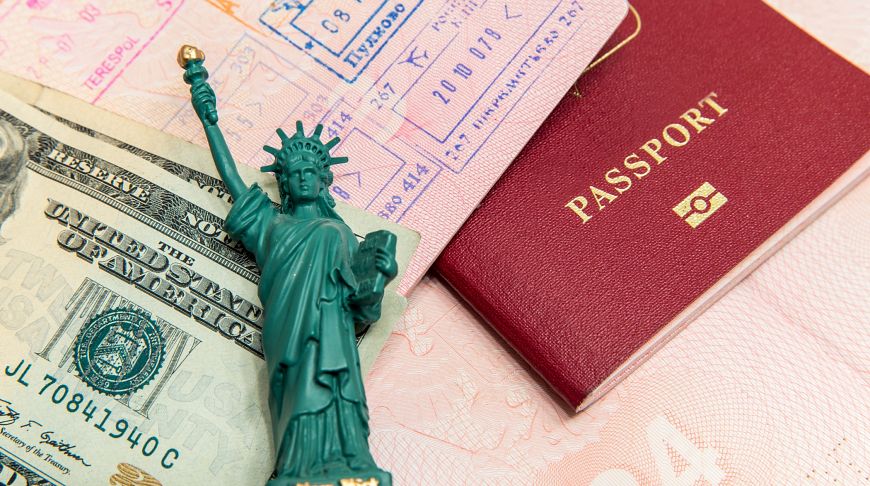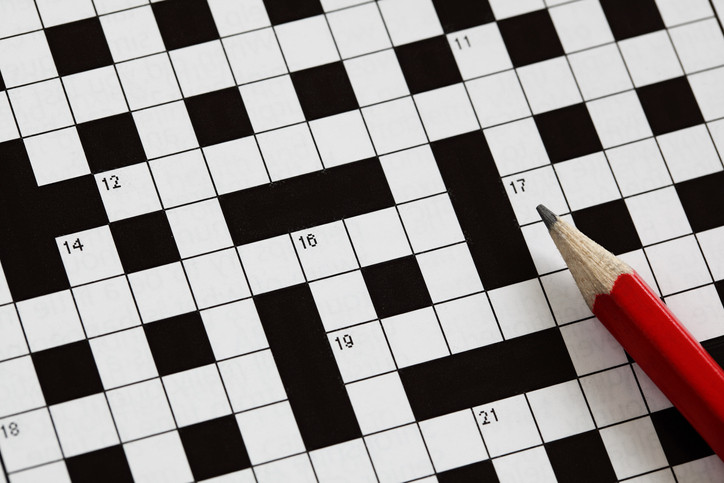Категории
Последние статьи
Аренда авто в Грузии: свобода путешестви…

25 Фев 2026 Просмотров:37
Грузия — это удивительная страна с богатой историей, разнообразной природой и неповторимой культурой. Здесь можно...
А знаете ли вы что?
Самой большой прозрачностью обладают воды Саргассова моря, расположенного в западной части Атлантического океана.Вход
| 13.11.2025 23:04 |
|
You’ll also learn to read clue signals: words like “often,” “perhaps,” or a question mark can transform a literal command into playful misdirection. We’ll map those signals to reliable answers—think FILE, STAPLE, TYPE, EDIT, TAB, STENO, and more advanced entries like NOTATE or CLERK. By the end, you’ll be equipped not only to solve these office-action prompts quickly, but to understand why certain options fit better than others. Crack Common Office Verbs in CrosswordsEditors use short, concrete office verbs because they’re easy to clue, broadly familiar, and flexible in tense. That’s why this office-task prompt shows up in both early-week and late-week puzzles. Monday grids often demand straightforward synonyms such as FILE, TYPE, EDIT, or STAPLE. Later in the week, setters may shift to playful or figurative readings—turning “do” into “hairdo” or “office” into political office. Recognising which mode you’re in is half the battle. These are the verbs you’ll meet in any Office Job, and they’re the ones editors reuse the most. The most important habit is matching the clue’s grammar. A present-tense command like “Do an office job” is likely an infinitive idea rendered as a base-form verb, so entries like FILE or TYPE often fit. Add “did” or “was doing,” and the answer changes form. For this kind of prompt, the tense usually stays simple, but always aligns with the crosses. If a cross demands an -ED ending, consider FILED or TYPED; if a third-person singular is required, think FILES or TYPES. Length is your next filter. Suppose your grid slot is four letters. Priority guesses include TYPE, FILE, EDIT; STAPLE works for six, and CLERK for five. If the slot is three, TAB might appear; with five, CLERK or STENO are strong. The faster you associate this clue type with a length-sorted list, the faster you’ll fill the square. Misdirection matters. A question mark hints at wordplay. “Do an office job?” might become STAPLE, because a stapler “does” (finishes) paperwork; or it could become ORGANIZE, if the setter uses a broader interpretation. Similarly, “office” could refer to a political office—so “do an office job” might be VOTE, LOBBY, or ELECT. When this prompt behaves oddly, scan for these alternate readings before forcing letters that don’t fit. Finally, lean on crosses strategically. If you’ve got “_Y_E,” TYPE is an instant candidate. If “_I_E” appears, FILE or FINE (unlikely), complete context and other clues will resolve the tie. Re-check your assumptions: quick swaps like FILE↔TYPE or EDIT↔AMEND fix many late-stage snarls. With practice, this style of clue becomes a comfortable layup, even on tougher days. Mastering Office-Action Entries in CrosswordsStuck on an office task clue? Here’s a quick, scannable roadmap to spot the right verb, match the grid length, and lock the entry with crosses. Check clue grammar and punctuation Match grid length and tense Test high-frequency candidates Use crosses to confirm or pivot Watch for alternate “office” senses Solve Clerical Verb Clues with ConfidenceStaring at a stubborn office task clue? Use this quick checklist to match grammar, grid length, and common verbs—then lock it in with crosses.
Clean Fills for Clerical CluesWhen solvers swap notes, a handful of entries dominate for this office-task prompt. Start with FILE. It’s short, vowel–consonant balanced, and fits neatly in four-letter slots. It also pairs with countless clue variations: “Organise paperwork,” “Put in a cabinet,” or the literal reading “Do an office job.” TYPE is equally common, leaning toward computer or clerical actions. If a cross gives you a Y in position two, TYPE becomes a front-runner. EDIT shows up whenever the puzzle leans editorial or document-driven. Crosses with journalism or publishing clues make EDIT even more attractive. STAPLE is a slight curveball—it’s six letters and feels like a tool, but the verb is absolutely fair and frequent. If you see a six-letter opening for this kind of entry, test STAPLE early. CLERK works nicely when the clue suggests a person doing the job rather than the action. STENO appears in grids that embrace classic crosswordese; watch older or retro-styled puzzles for it. TAB is compact, useful when the grid is tight, and clued as “Indent,” “Key to start a paragraph,” or obliquely via office-action wording. EMAIL, ENTER, and SCAN skew modern and technical. If related tech shows up elsewhere in the puzzle, those modern verbs become great candidates. Finally, keep a flexible mindset. If your crosses hint at politics, VOTE or ELECT can satisfy the “office” sense elegantly, especially late-week. Simple sentence to end: always let the grid tell you what the clue wants. Crack Common Office Verbs in CrosswordsStuck on an office task clue? Use this quick checklist to match grammar, grid length, and common verbs—then lock the entry with crosses. High-frequency answers (office-task clue) Quick diagnostic steps (scan fast, fill faster) When “office” isn’t corporate Letter pattern shortcuts Tense and number checkpoints Bottom LineThe fastest path through an office-task clue is a calm checklist: read the grammar, match the slot length, test the usual suspects (FILE, TYPE, EDIT, STAPLE), and let crosses confirm or correct you. Keep an eye on tense and number—does the clue want base form, -ED, or -S? Letter patterns like _ILE or _YPE quickly narrow the field, while a question mark hints at playful or figurative readings. Stay open to alternate senses of “office,” including political uses like VOTE or ELECT when the puzzle’s vibe points that way. Editors favour short, vivid verbs and tight entries, so trust the grid’s feedback. With these tactics—and the skimmable handbook above—you’ll turn stubborn clerical prompts from time sinks into satisfying gimmes, week after week. FAQ’sWhat are the most common answers? How do I pick between FILE and TYPE? Why does a question mark matter? Can the answer refer to a person? How do tense and number affect the answer? What if none of the usual verbs fit? |
Путешествуем по миру
Уютный отдых в Петербурге в домашней обстановке

Во время командировки в Петербург остановилась в отеле «Орбита», заранее забронировав на сайте стандартный номер....
Как получить иммиграционную визу в Канаду?

Среди эмиграционных направлений, Канада остается одной из самых популярных стран, в которую ежегодно стремятся попасть...
Содружество Доминики

Содружество Доминики расположено на одноименном острове из группы Малых Антильских островов в водах Карибского моря....








 Crossword solvers meet this prompt constantly, and for good reason: office verbs are versatile, everyday actions that fit dozens of grids. If you’ve landed here after staring at a stubborn square, you’re in the right place. In this guide, we’ll unpack how to decode office-task clues, reveal answer patterns editors love, and give you practical strategies that work even when you’re short on crosses. Whether you’re solving a quick daily or a themeless weekend challenge, the core techniques remain consistent: identify the part of speech, match tense and number, and test the most frequent synonyms first.
Crossword solvers meet this prompt constantly, and for good reason: office verbs are versatile, everyday actions that fit dozens of grids. If you’ve landed here after staring at a stubborn square, you’re in the right place. In this guide, we’ll unpack how to decode office-task clues, reveal answer patterns editors love, and give you practical strategies that work even when you’re short on crosses. Whether you’re solving a quick daily or a themeless weekend challenge, the core techniques remain consistent: identify the part of speech, match tense and number, and test the most frequent synonyms first.



